Banned from Baseball
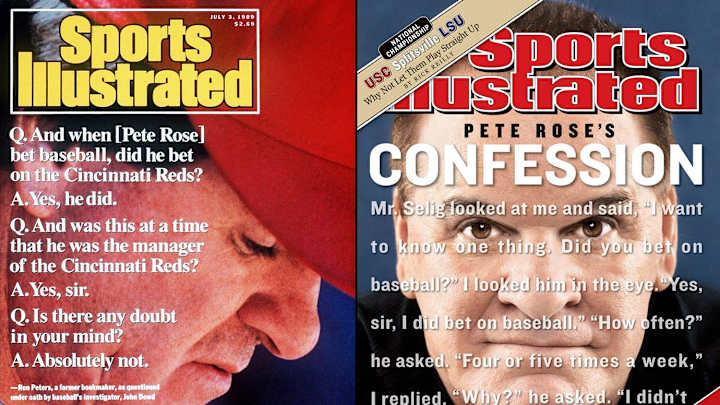
Banned from Baseball
1919 Black Sox
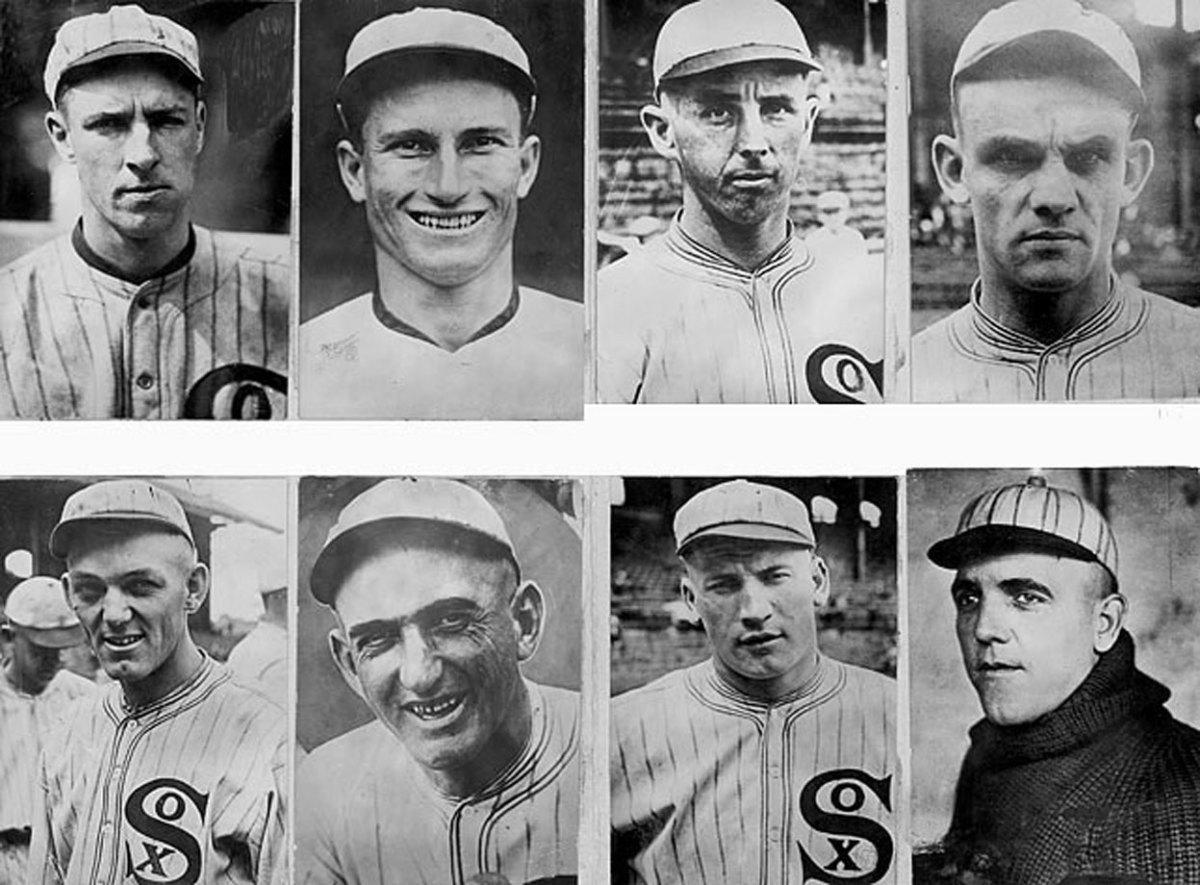
Early baseball was ripe with gambling scandals as a number of players were banned for allegedly throwing games. But it all came to a head in 1921, when MLB banned eight members of the 1919 Chicago White Sox World Series team. Known as the Black Sox Scandal, these eight players were accused of conspiring to throw the World Series, which they lost to the NL champion Cincinnati Reds. 'Shoeless' Joe Jackson (bottom row, 2nd from left) came to most notoriety for the his involvement in the scandal thanks in large part to a mythical account of his interaction with a young fan. Although now part of baseball lore, Jackson denied any truth to the accounts stating that a little boy pleaded with him to say the charges against him weren't true as he left a courthouse only to be rebuffed by Jackson's sad admittance.
Ferguson Jenkins
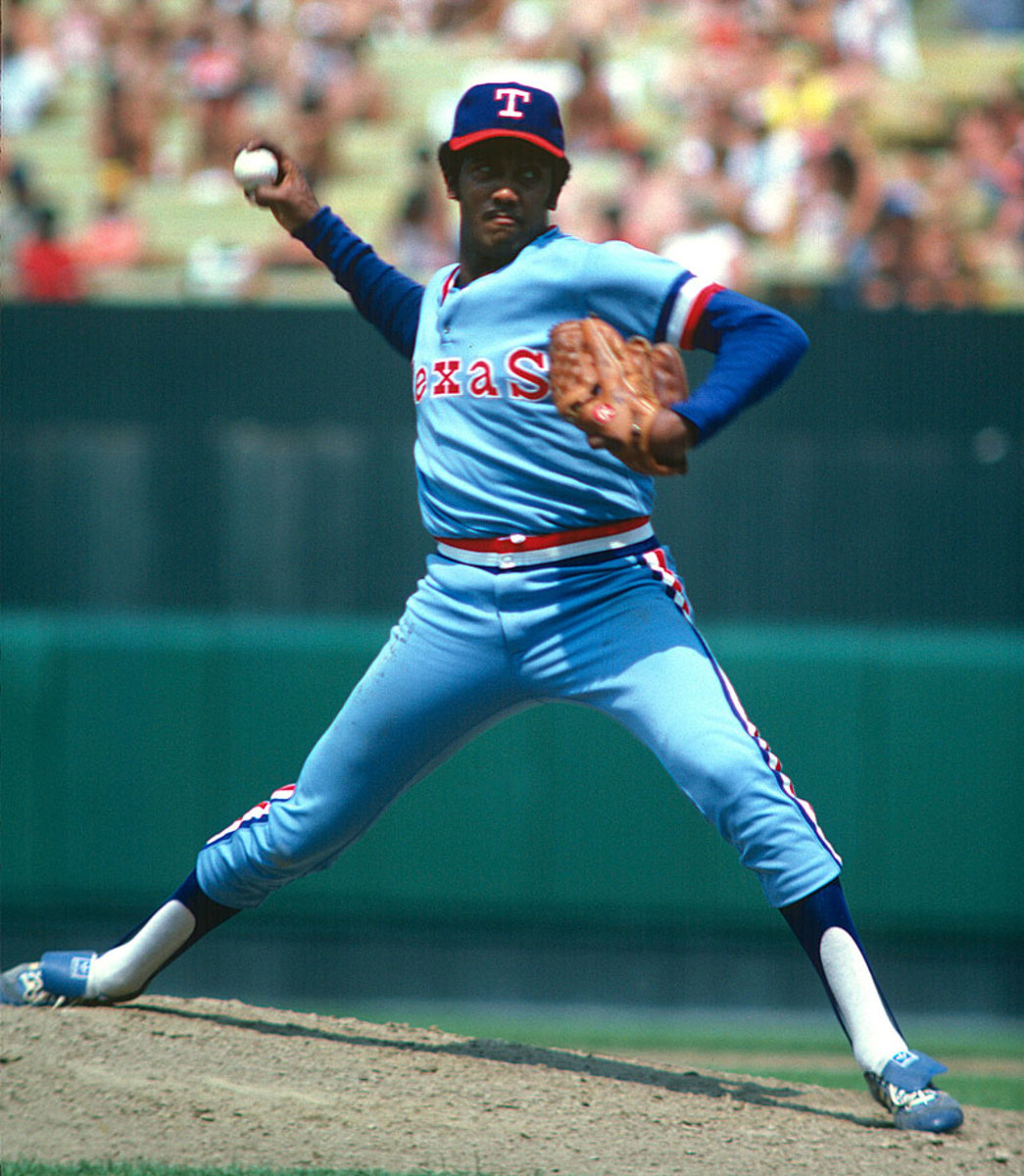
While a member of the Texas Rangers in 1980, starting pitcher Ferguson Jenkins was banned from MLB after Toronto customs agents found him in possession of multiple drugs (cocaine, hashish and marijuana). He was reinstated after the '80 season and eventually elected to the Hall of Fame in 1991 after finishing with 284 career wins.
Willie Mays and Mickey Mantle
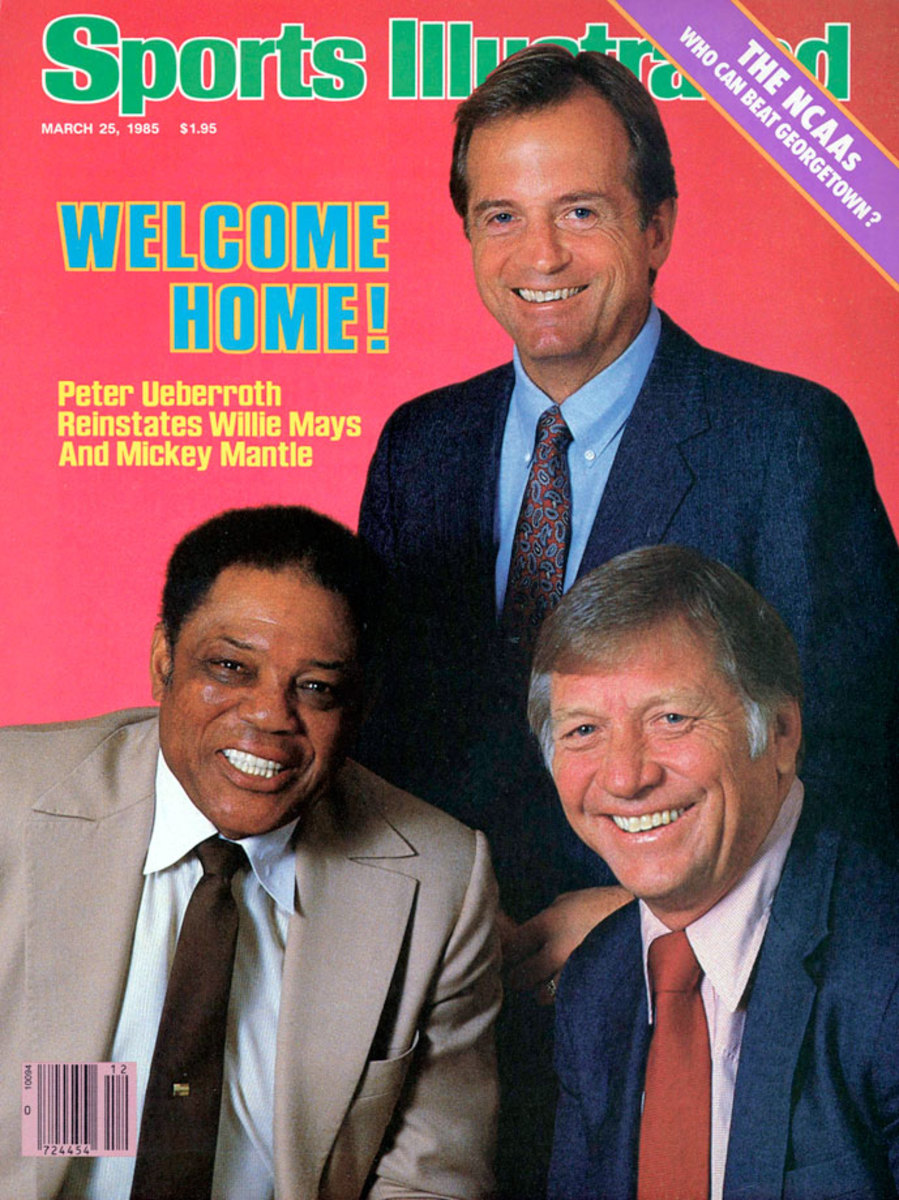
It was widely thought of as an overzealous reaction by then MLB commissioner Bowie Kuhn when Hall of Famers Mickey Mantle and Willie Mays were banned from the game for being hired as Atlantic City, N.J., casino greeters in 1983. A casino "was no place for a baseball hero and Hall of Famer," Kuhn said. Interestingly enough, neither slugger had any formal association with MLB at the time. Both were rightfully reinstated shortly after Kuhn's time as commissioner ended in 1984.
Pete Rose

In 1989, SI first reported the story of Pete Rose's alleged gambling habits, including placing bets on baseball games. The report came after MLB questioned Rose and he denied gambling on the game. Later that year, however, MLB came into possession of documents detailing Rose's bets on baseball, including Cincinnati Reds games while he was their manager. Similarly to the 1919 Black Sox Scandal, Rose was found to have committed the ultimate no-no: betting on the game while having a direct effect on the outcome. The penalty for such an offense? A lifetime ban, one which he served while vehemently denying any wrongdoing until releasing an autobiography in 2004. In the book, the all-time hits king admitted he bet on Reds games "every night" as manager.
George Steinbrenner
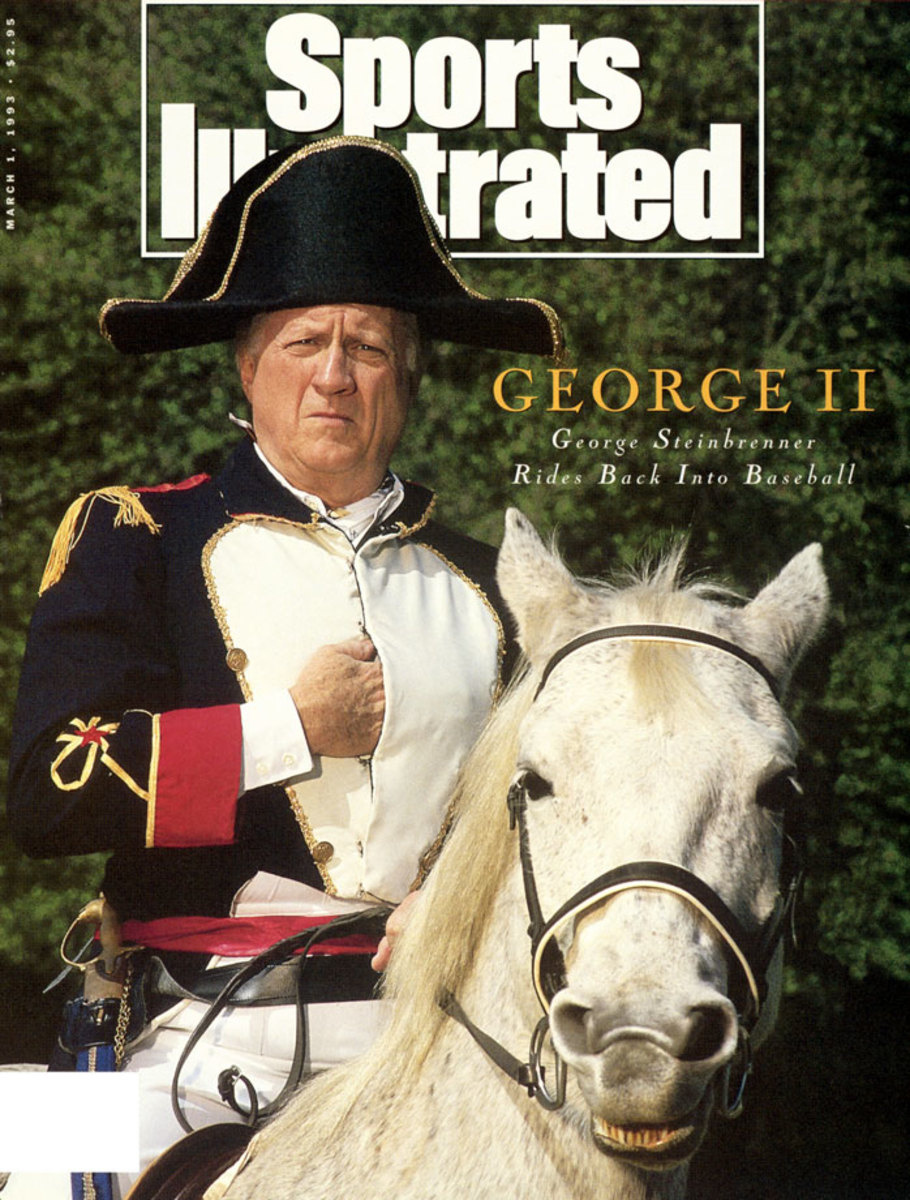
Baseball brought the hammer down on the late, cantankerous New York Yankees owner George Steinbrenner in 1990. "The Boss" paid a private investigator $40,000 to "dig up dirt" on All-Star Yankees outfielder Dave Winfield after the relationship between him and the slugger had soured mostly due to a contract squabble. Not surprisingly, MLB wasn't too happy about that and banned him from the game. Steinbrenner's ban lasted until 1993, when new commissioner Bud Selig reinstated him. Of note: MLB suspended Steinbrenner for 15 months in the 1970s also, that time it was after he pleaded guilty to making illegal campaign contributions to President Richard Nixon.
Steve Howe
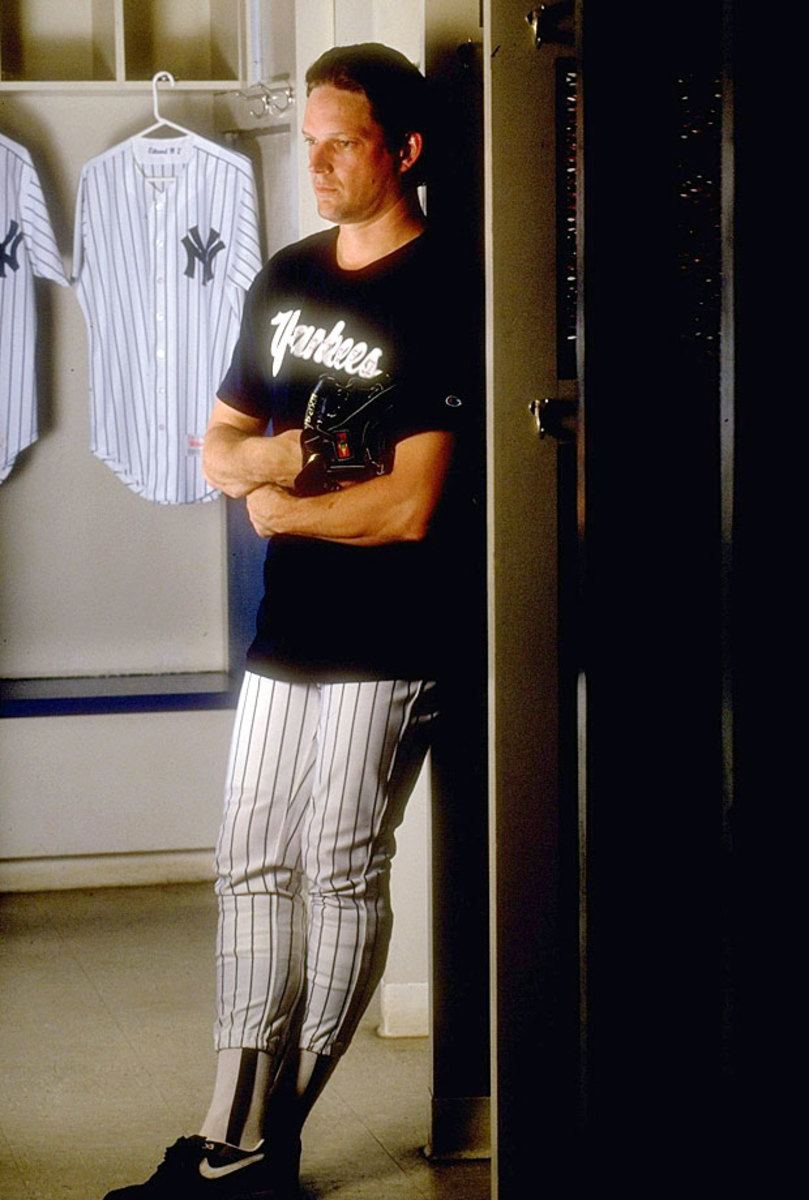
New York Yankees reliever Steve Howe was banned from baseball in 1992 after seven drug-related suspensions. An independent arbiter would eventually get the hard-throwing lefty reinstated. Howe battled substance abuse, primarily cocaine and alcohol, throughout his life and died at the age of 48 in 2006. Toxicology reports after his autopsy revealed he had methamphetamine in his system.
Marge Schott
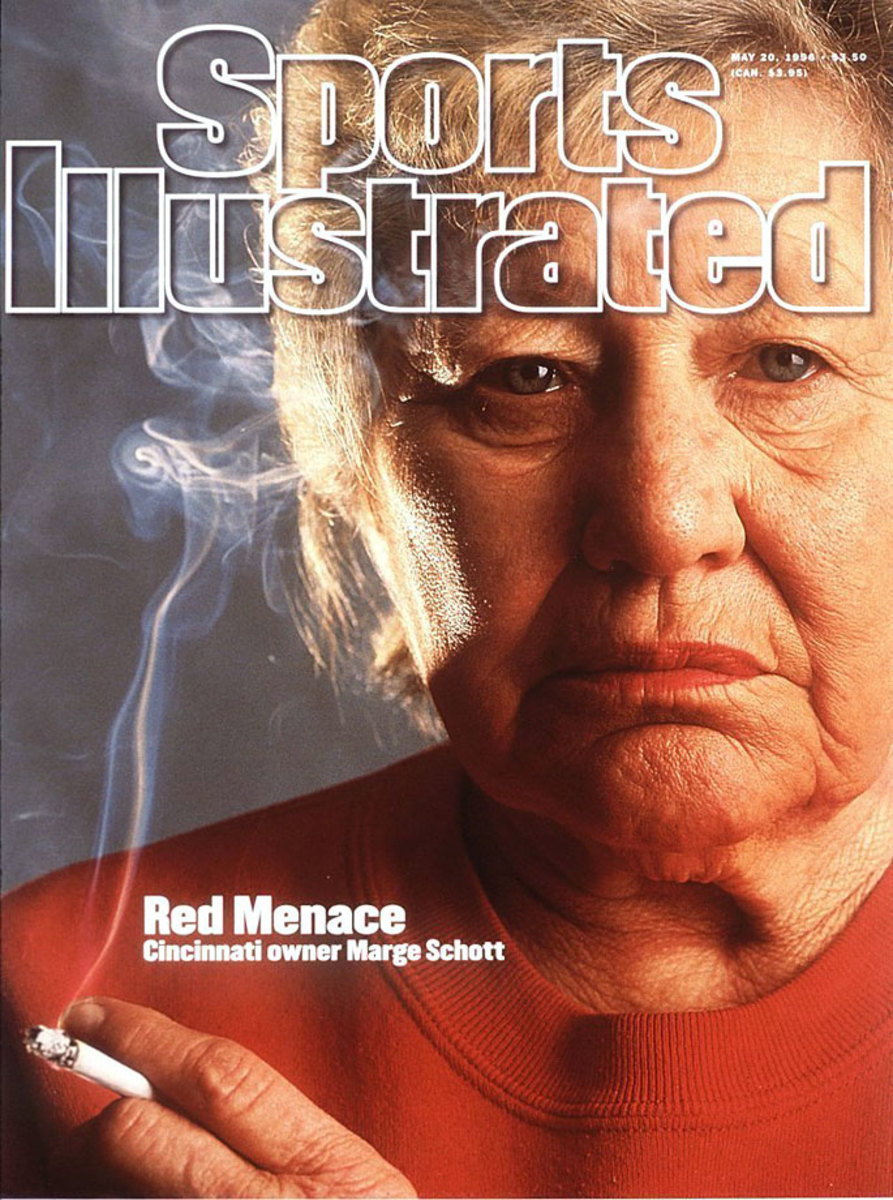
Although she had previously received a hefty fine ($250,000) for her anti-Semitic, racist and homophobic comments before, Marge Schott's latest tirade in 1996 was all MLB could take. The final blow came when the Cincinnati Reds owner spoke favorably of Adolf Hitler, saying he "was good in the beginning, but went too far." In the same month, Schott was quoted in a Sports Illustrated article as having spoken in a "cartoonish Japanese accent" while describing her meeting with the Japanese prime minister. She wasn't reinstated until 1998.
